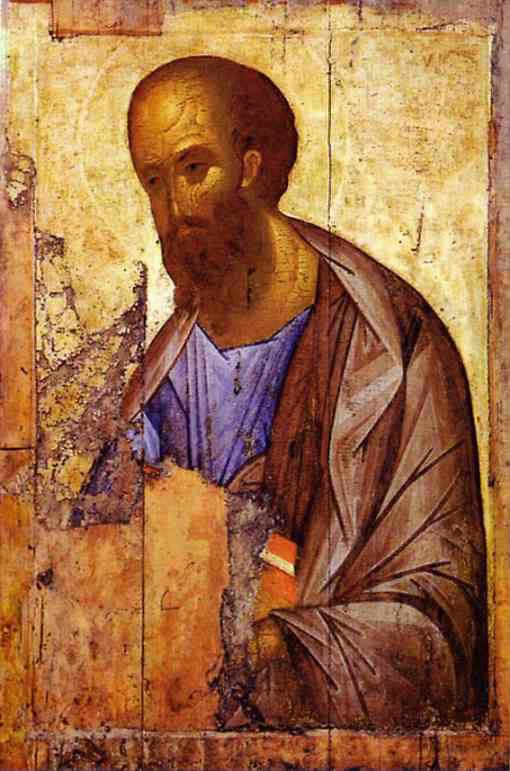
Mary Washing Jesus' Feet With Nard
John 12:1-8 (New International Version)
John 12
Jesus Anointed at Bethany
1Six days before the Passover, Jesus arrived at Bethany, where Lazarus lived, whom Jesus had raised from the dead. 2Here a dinner was given in Jesus' honor. Martha served, while Lazarus was among those reclining at the table with him. 3Then Mary took about a pinta]">[a] of pure nard, an expensive perfume; she poured it on Jesus' feet and wiped his feet with her hair. And the house was filled with the fragrance of the perfume.4But one of his disciples, Judas Iscariot, who was later to betray him, objected, 5"Why wasn't this perfume sold and the money given to the poor? It was worth a year's wages.b]">[b]" 6He did not say this because he cared about the poor but because he was a thief; as keeper of the money bag, he used to help himself to what was put into it.
7"Leave her alone," Jesus replied. " It was intended that she should save this perfume for the day of my burial. 8You will always have the poor among you, but you will not always have me."
In the lectionary passage I'm covering in this post, Mary does the opposite of the situation I've just mentioned. Not only does she do the opposite, but she takes it to the extreme. Giving some depth to the story, we can see that earlier in John that Jesus had raised her brother Lazarus from the dead. Her family was hosting a dinner in Jesus' honor and she takes the opportunity to take a bottle of nard (expensive perfume; see link: http://www.biblefragrances.net/nard.html) and wash Jesus' feet with it using her hair!
Judas Iscariot (the disciple who will betray Jesus) was seemingly disgusted by this gesture. He objects in the guise of righteousness, claiming that the perfume could be sold and the money given to the poor. The text says Judas doesn't object out of any concern for the poor, but because he was keeper of the money bag and would help himself to money that was put into the bag. This was likely money that would otherwise be used to help the poor.
Jesus sees right through this and says something interesting: "Leave her alone.....It was intended that she should save this perfume for the day of my burial. You will always have the poor among you, but you will not always have me."
Two things stick out to me in that statement:
1) Without comparing anyone to Jesus, doesn't this make a statement that we shouldn't wait for the funeral to honor someone? I'm not saying we shouldn't respect people as we remember their lives, but should we say something at a funeral about someone that we didn't tell them while they were still living?
2) There are poor people all around us. Not just materially poor, but spiritually poor as well. This passage is a statement about serving others, and not just in charitable ways. In fact, one could argue that Jesus is speaking about honoring the poor as equals. Charity seems to always be about those with helping those without, and often times those offering the charity are unable to see how the poor have as much to give as those who seemingly have more.
Sometimes we give only to reassert our own state of well being and a for a sense of pride and entitlement. Other times we do it to make ourselves look better in front of others. What would the world think if Bill Gates entered a soup kitchen, not to help serve the homeless, but to be served and to eat at the same table as the homeless? I think many would be caught off guard and in fact be speechless.
Charity isn't all bad, but as we go into our different places of worship tomorrow or as we just go about our day, let's remember that serving others doesn't always mean what we think it does. Let's do the best we can to see those with less than we may have as equals and realize that we can be served by them as much as we serve them.
Hope that makes sense and remember to be free to ask questions or comment.
God bless and tune in for next week,
Jason






.jpg)

